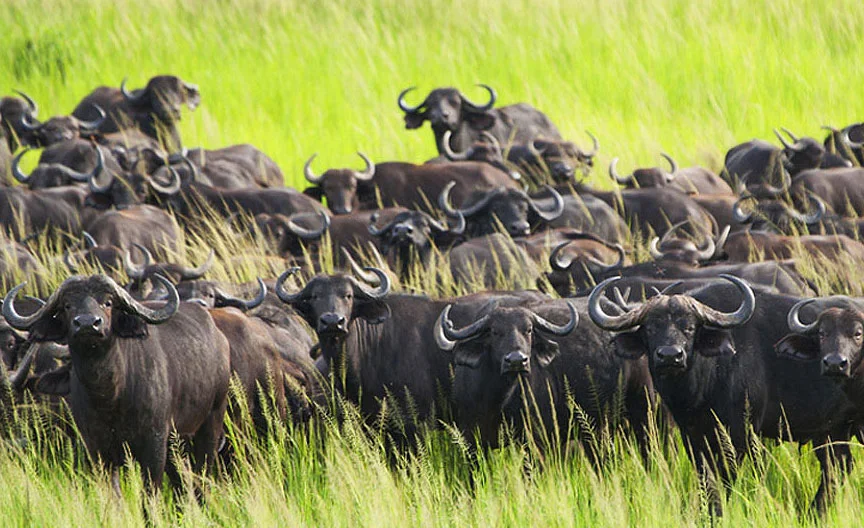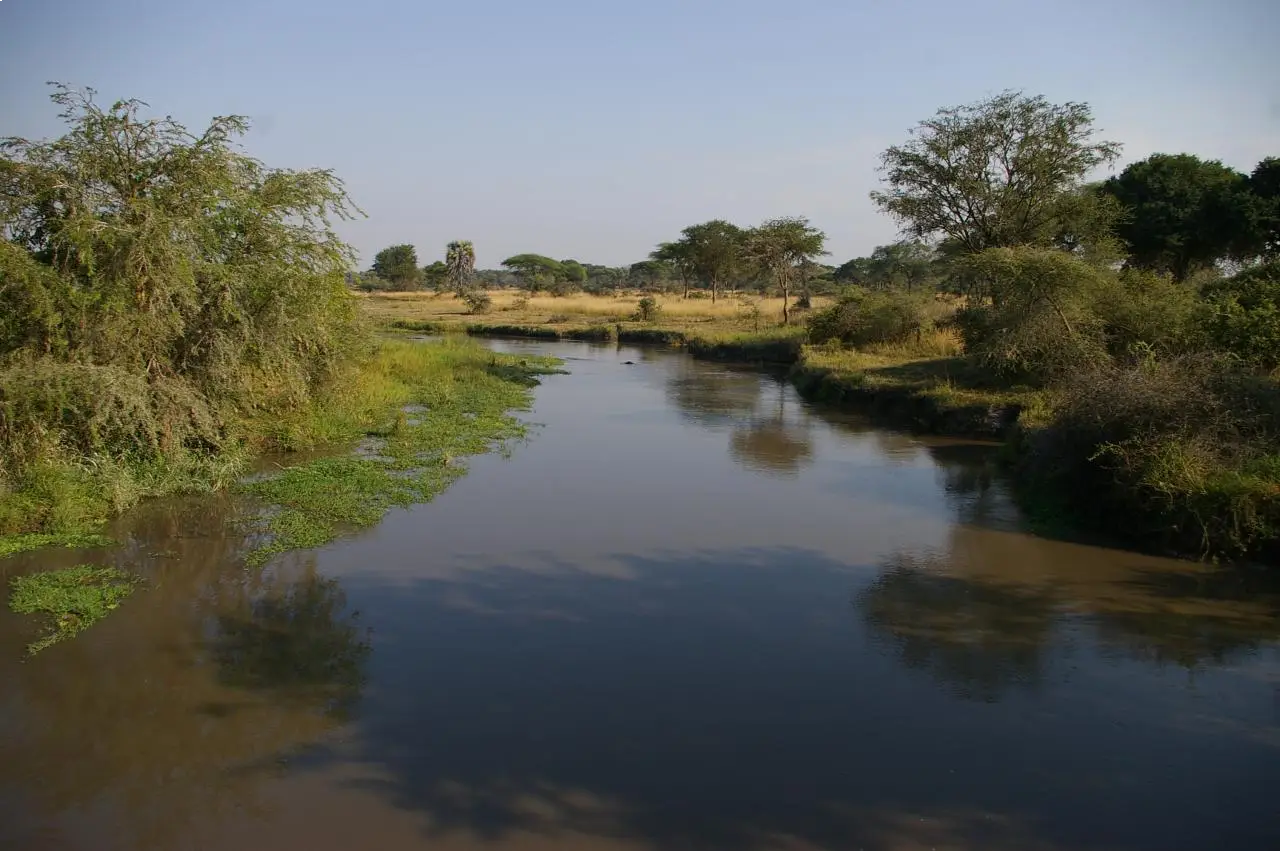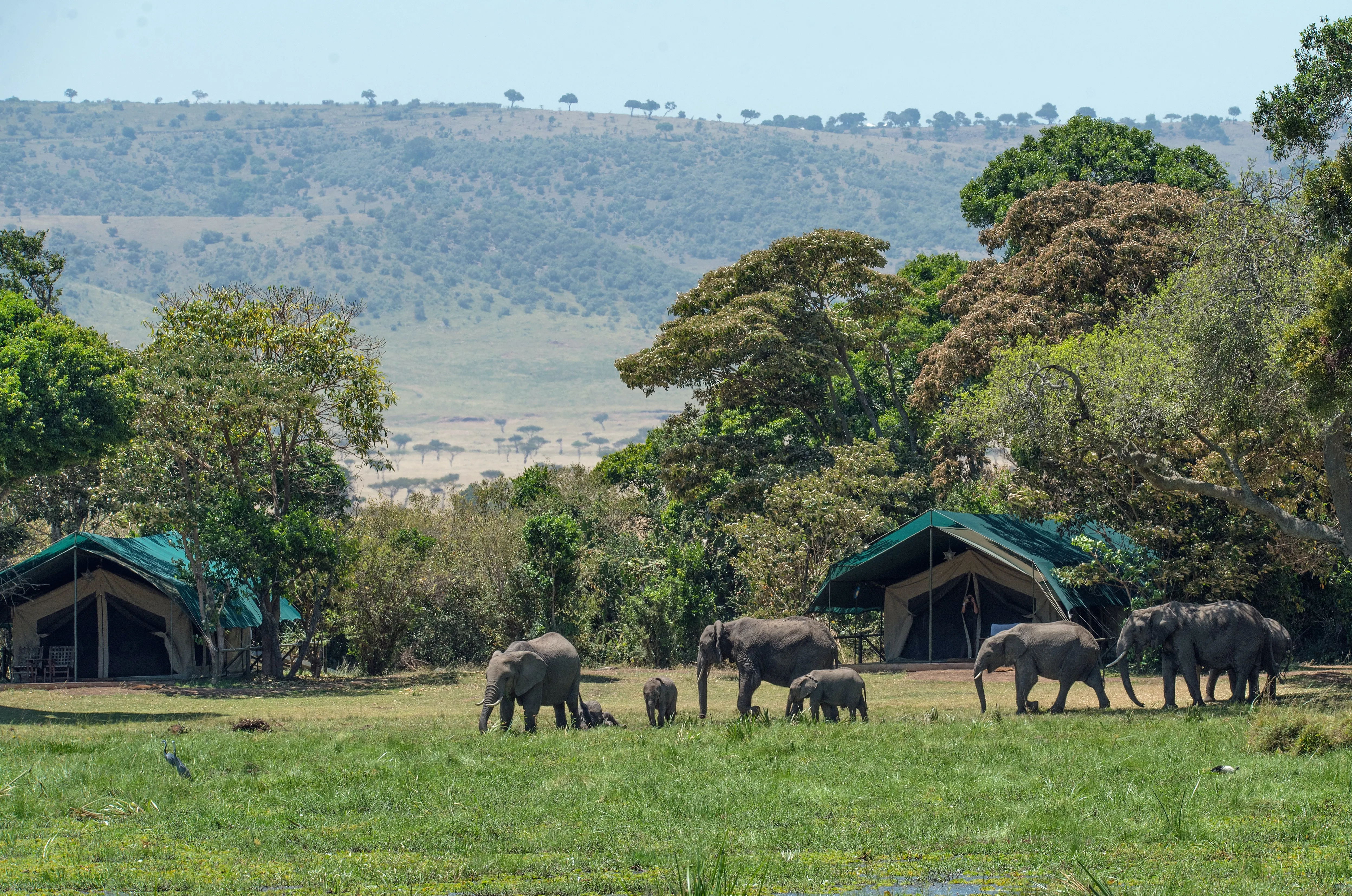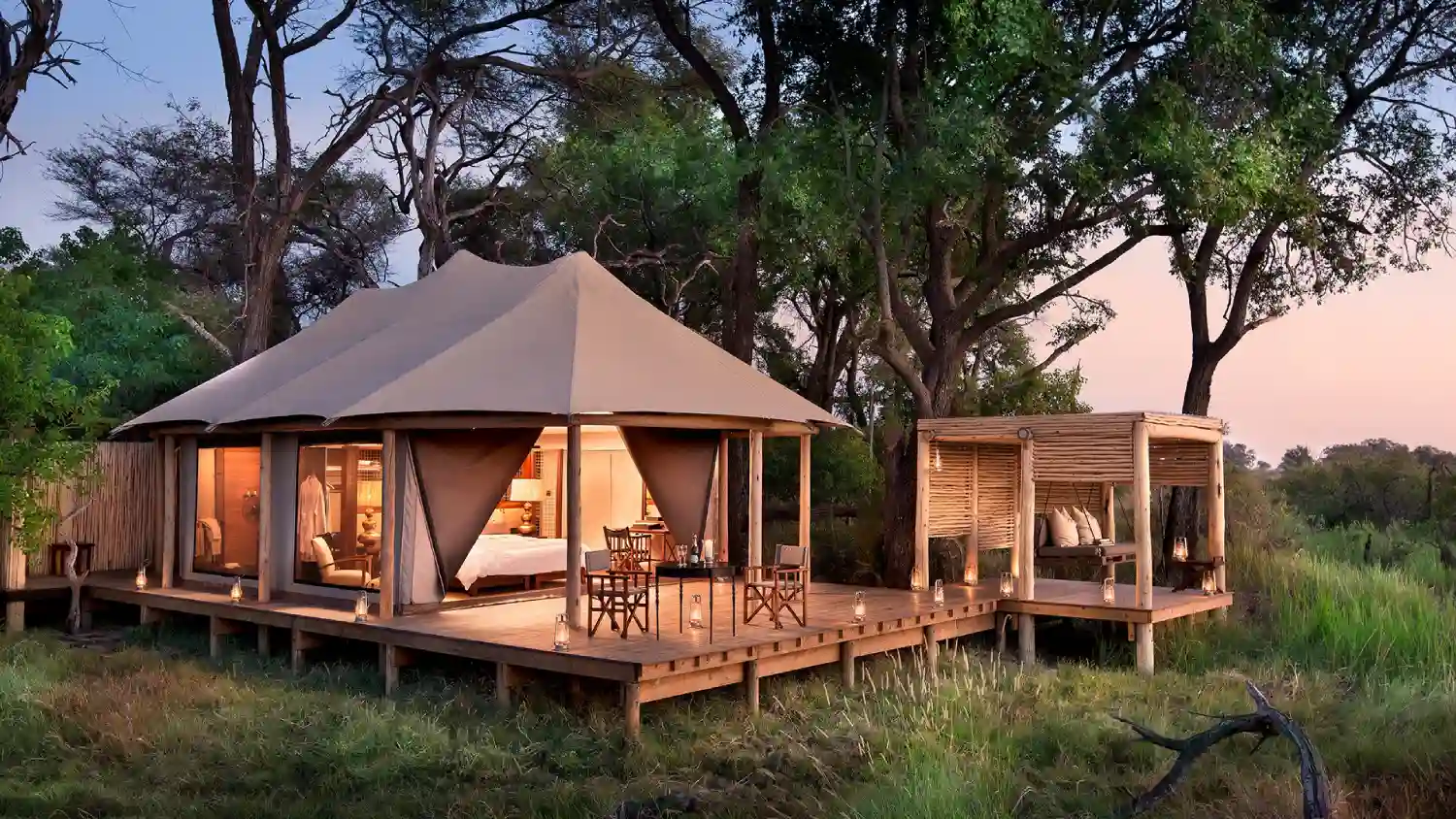Overview
Brief History
Katavi National Park, established in 1974 and expanded in 1998 to 4,471 km², is one of Tanzania’s most remote parks, located in the Rukwa Region. Managed by TANAPA, it protects vast floodplains, miombo woodlands, and the Katuma River, supporting one of Africa’s largest buffalo and hippo populations. Its isolation ensures an authentic wilderness experience.
Climate and Accessibility
Accessible by charter flights from Dar es Salaam or Arusha to Ikuu airstrip, or by long-distance road from Mbeya (550 km). The dry season (June-October) is best for wildlife viewing, with temperatures of 25-32°C. The wet season (November-April) transforms the park into lush floodplains, with 800-1,200 mm rainfall.
Highlights
- Katuma River
- Lake Katavi and Chada floodplains
- Massive buffalo herds
- Hippo pools
- Lion and leopard sightings
- Miombo woodlands
- Birdlife (over 400 species)

Buffalo Herd

Katuma River
Tourism Activities
Game Drive: Explore floodplains and woodlands to see buffalo, hippos, lions, and elephants.
Walking Safari: Guided walks for intimate wildlife and birdwatching experiences.
Birdwatching: Spot over 400 species, including storks, herons, and raptors.
Camping Safari: Overnight in the wilderness for a raw, immersive experience.
Accommodation
- Public campsites with basic facilities.
- Luxury tented camps like Nomad Tanzania’s Chada Katavi.

Campsite

Tented Camp
Pricing
Entry fees: $59/adult (high season), $53.10/adult (low season). Camping: $70.80/adult (high season), $59/adult (low season). Payments via credit card or TANAPA smart card. Click here to view our packages or request a tailored tour below.
Plan Your Adventure
Fill out the form below to inquire/book your tour. Our team will contact you to confirm your booking and finalize details.
Customer Reviews
“Amazing value for money! Saw so much wildlife!” – Emma, UK, Apr 2025
“The camping was fun, and the guides were fantastic.” – Liam, Australia, Mar 2025
“Great budget option, loved the Serengeti!” – Sofia, Canada, Feb 2025
Frequently Asked Questions
Comfortable clothing, sturdy shoes, hat, sunscreen, insect repellent, and a camera.
Most nationalities require a visa for Tanzania. Check with your embassy.
Yes, campsites are secure with trained staff and fenced areas where needed.
June–October for dry season and wildlife viewing; January–February for calving season.